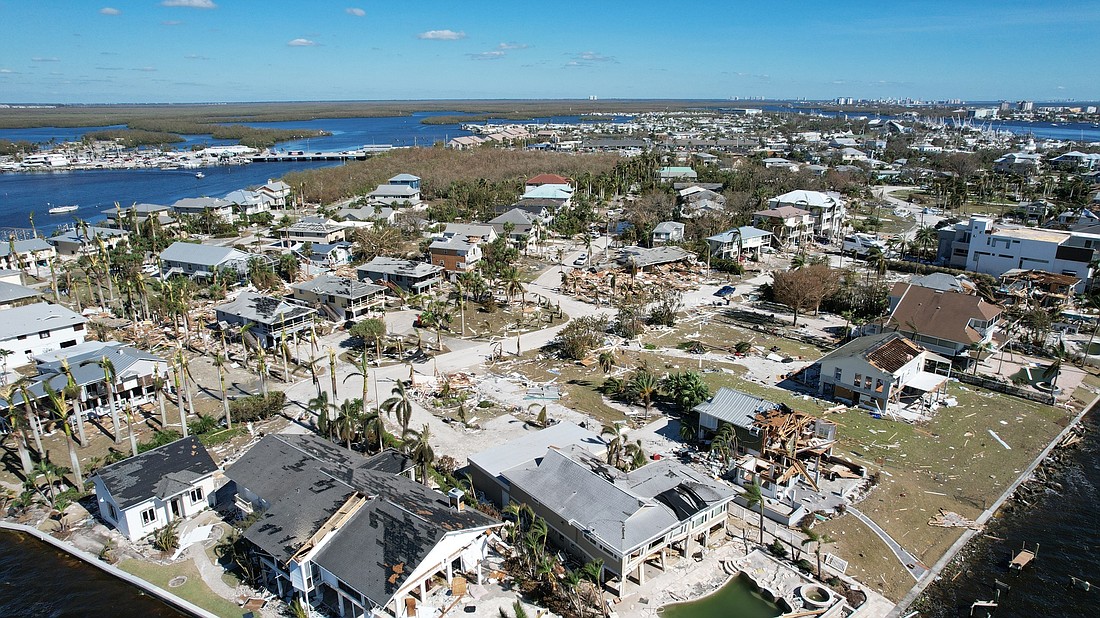
By Diana Chestnut | JBA Young Lawyers Section
As hurricane season comes to a close, many tenants find themselves questioning the stability of their housing and what legal rights they have if their rental home sustained hurricane damage.
The U.S. Census estimates that 66% of housing units in Florida are owner occupied, leaving approximately 34% of housing units tenant occupied.
With one-third of the population dependent on a landlord to maintain their home, the Florida Landlord Tenant Act plays a crucial role in navigating the post-hurricane rental landscape.
After notifying the landlord of storm damage, a tenant has four options:
Continue to pay rent
The Florida Landlord Tenant Act, codified as §§ 83.40 et. al., Fla. Stat. Ann., provides that a landlord must maintain the premises in compliance with all applicable building codes, as well as a specific list of items essential to safe occupancy.
If the damage to the home is not significant, a tenant likely does not have cause to terminate the lease or withhold rent. The tenant should continue to pay rent as before.
Terminate the lease
If the home is substantially impaired (basically uninhabitable by modern standards) the tenant can immediately vacate the premises and terminate the rental agreement.
In this case the tenant will not be liable for future rent. However, the landlord could challenge the tenant’s termination of the lease by bringing a civil action for the remainder of the rent under the lease agreement.
The court would need to determine whether the home was substantially impaired so termination was justifiable.
Withhold rent
If the tenant continues to occupy the unit, they may withhold rent until repairs are made.
The tenant must deliver written notice to the landlord at least seven days before rent is due advising the landlord of the specific damages and the tenant’s intention to withhold rent. Delivery of the notice is best made in person or via certified mail.
The landlord then has seven days to make the repairs. If repairs are not made, the tenant may withhold or reduce the rent. Rent will be due to the landlord after repairs are made so a tenant should not spend the rent money.
Reduce the rent
If the tenant is reducing rent proportionate to the damage, the tenant must comply with the above seven-day notice and pay the reduced rent on the day rent is due.
A reduction of rent should be a collaborative agreement between landlord and tenant to avoid future legal action. If the tenant unilaterally reduces rent, the landlord may later challenge the reduction in court, where a judge could determine if tenant owes additional rent.
For example, the loss of use of one room out of 10 rooms could result in a rent reduction of one-tenth.
The Florida Landlord Tenant Act leaves tenants with unknown consequences since landlords can refuse to make any repair, thus forcing the tenant to incur the burden of bringing legal action, or the landlord can bring legal claims for eviction or breach of contract.
Tenants encountering storm damage are encouraged to call The Florida Bar Young Lawyers Section Disaster Legal Services hotline at 1-866-550-2929.
Diana Chestnut is an attorney at Davis Law Firm.